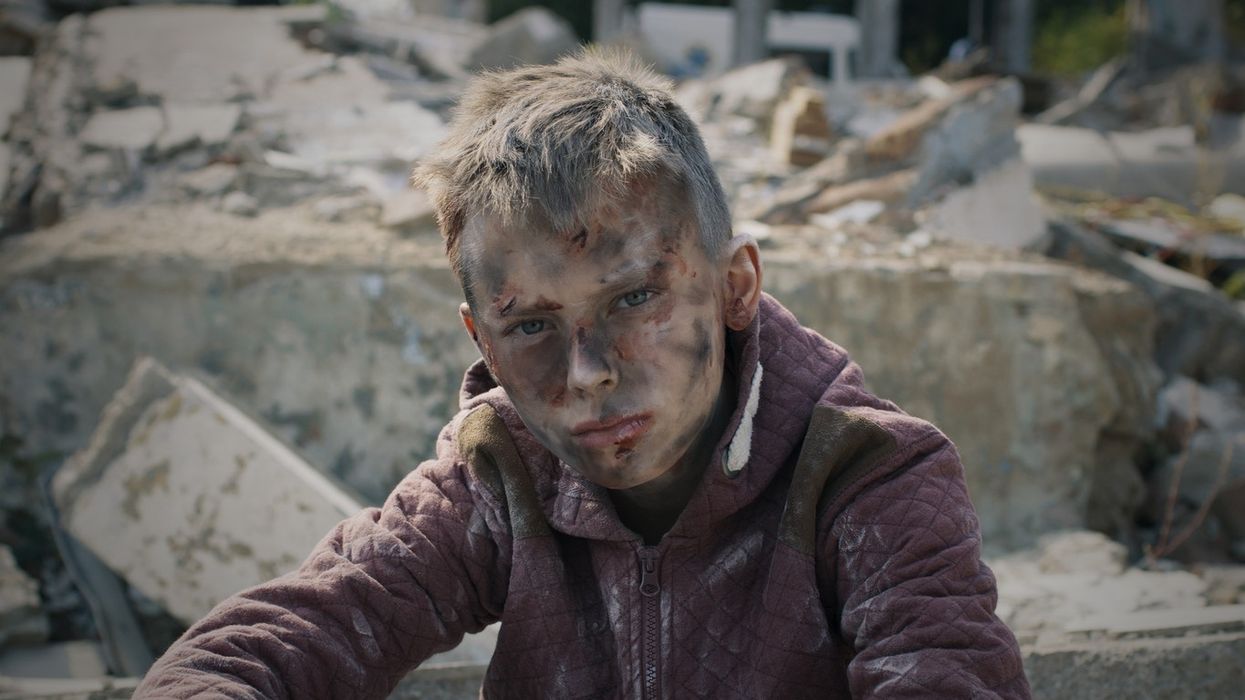THE images and stories coming from war zones like Ukraine and Israel/Palestine can feel overwhelming. We see the physical destruction, but the true cost often lies unseen in the minds and hearts of those affected.
War leaves deep psychological scars, not just on soldiers, but on civilians of all ages. And for those with loved ones in these areas, the weight must be immense.
Research shows war’s impact goes far beyond immediate casualties. It disrupts societies, prevents development, and leaves a legacy of fear, anxiety, and trauma.
Children witness violence and lose loved ones, shaping negative thoughts and behaviours throughout their lives. Adults struggle with the constant stress of sirens, explosions, and displacement, making them vulnerable to conditions like post-traumatic stress disorder (PTSD) or complex trauma. Plus, the trauma of war doesn’t exist in isolation. It can have a ripple effect, impacting families across generations. Parents struggling with their own anxieties may have difficulty supporting their children’s emotional needs. Entire communities can become enveloped in a climate of fear and distrust, impacting social connections and economic growth negatively.
In the face of such enormous suffering, it’s easy to feel helpless. But there are ways to help, even from afar. Psychological first aid is a crucial first step in supporting those struggling with the aftermath of war. It doesn’t require professional training. By simply listening, offering comfort, and providing information, you can make a difference.
The most immediate concern is ensuring people's safety and basic needs are met. Reputable charities are working tirelessly to provide food, shelter, and medical care. Consider volunteering or donating to support these vital efforts.
While bombs destroy buildings, war also chips away at a person’s sense of self-worth and security. Resources like those offered by Psychology Tools, translated into Arabic and Hebrew, can be invaluable. These tools help people understand PTSD, trauma reactions, and coping mechanisms. Share this column and these resources with anyone you think might benefit. Even a small act of sharing can offer a lifeline to someone in the darkness.
By acknowledging the psychological damage of war and taking action, we can help communities heal and rebuild, not just physically, but emotionally as well. Remember, you don’t need to be a therapist to make a difference.
Every bit of support, however small, can offer a glimmer of hope in a time of despair. I will leave you with this quote from Thich Nhat Hanh: “Each moment is a chance for us to make peace with the world, to make peace possible for the world, to make happiness possible for the world.”
Instagram: @itsmitamistry @healingplacepod



